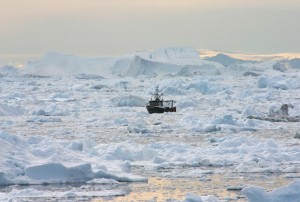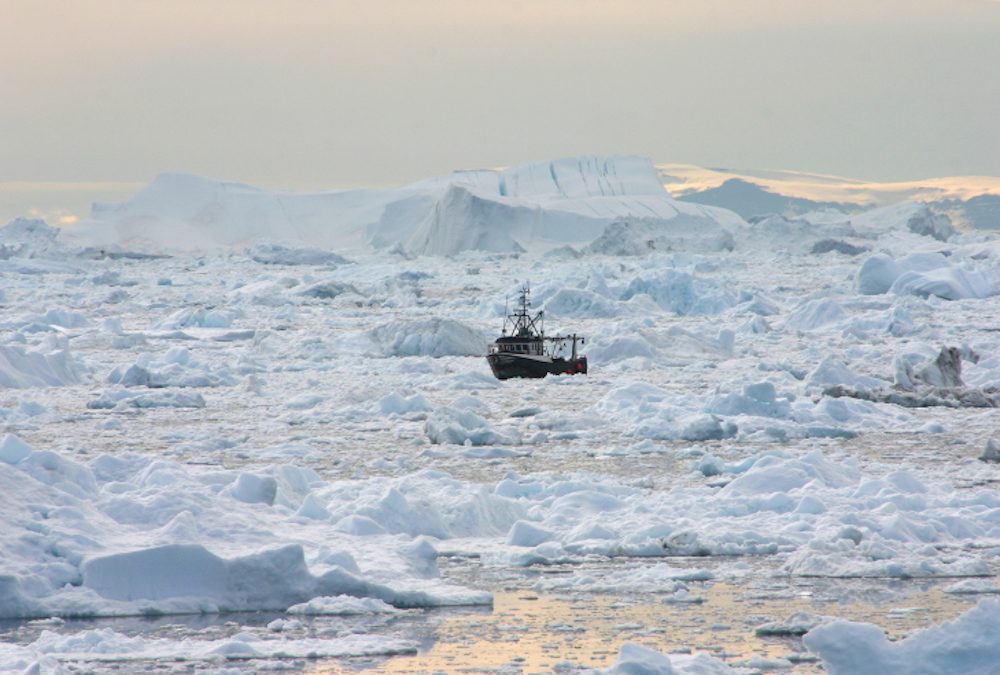
July 17, 2015
Norway, Canada, Denmark, Russia, and the US, the five coastal states of the central Arctic Ocean, have signed a declaration to combat unregulated fishing and establish research cooperation in the international part of the region. This is being presented by some media outlets, including the BBC, as a ban on North Pole fishing. In fact, the agreement brings welcome protection for the area but, when we read between the lines, it falls well short of an outright ban.
Ice is the only protection
In the past, the central Arctic Ocean has been what the environmental activist charity Greenpeace calls a “de facto marine reserve protected by permanent sea ice.” But rapidly shrinking ice cover means the same waters have opened for exploitation and become a “crucial battleground in the fight for a sustainable future for our planet.”
This vulnerable ocean has little protection, other than the disappearing ice. Less than 1.5 percent of the region has any kind of protected status.
There is no commercially viable fishing in the area right now as ice cover still prevents fishing and there are few fish beneath the ice. However, that could change significantly with continued melt and fish stocks are expected to move in.
Staking out the claims
The discussions and ultimate agreement, which were initiated by the US, appear to be as much about the five nations staking territorial claims as about conservation. Competing claims are currently the subject of a UN arbitration panel.
Greenpeace gave the declaration a cautious welcome but pointed out the actual wording indicated the agreement is not permanent. The US statement on the announcement said the signatories would only allow fishing in the central Arctic Ocean “once one or more international mechanisms are in place to manage any such fishing in accordance with recognized international standards.” That seems clear enough – no fishing for now, but no guarantees for the future.
A move in the right direction
Greenpeace described the move as “a small step towards Arctic protection” but the group’s Arctic campaigner Sophie Allain said, “With this agreement, the Arctic states have recognized that the Arctic ocean is an extraordinary environment which requires far better scientific understanding. But sadly they have missed the chance to deliver the permanent protection this area desperately needs. It’s clear that most of these countries are motivated by resource extraction, not protection, and see the melting of the ice sheet as an opportunity to fish further north.”
Environmental bodies would like to see this region declared a marine sanctuary, banning all extractive practices, including oil production, and fishing.
For the agreement to work, the five coastal states will need to persuade other countries to comply. Norway’s Minister of Foreign Affairs, Børge Brende, said in an official statement, “Effective protection of the fish stocks in the central Arctic Ocean requires cooperation between the coastal states and other interested states. It is therefore important that the coastal states seek to engage other states in this effort, with a view to preventing unregulated fishing in the future.”





